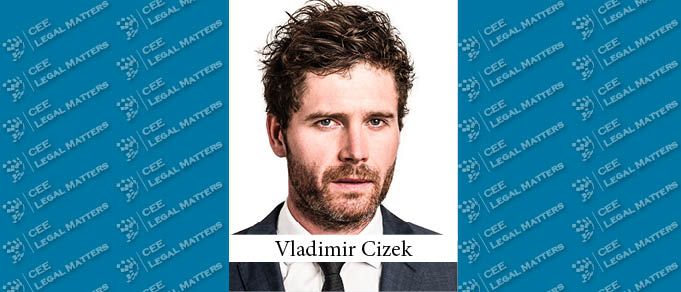The Czech Republic is looking at a promising start to the year, after somewhat of a market slowdown towards the end of 2022, with no dark clouds on the horizon just yet, according to Schoenherr Partner Vladimir Cizek.
“We have seen some levels of uncertainty in the market over the past two or three months,” Cizek begins. “While there still could be some residual doubts that market participants might have, I would not say that things look bleak for the future.” According to Cizek, funds are slowly but surely getting back at it, especially with the financial year starting over: “towards the end of 2022, it appeared that private equity funds were scrambling for targets a little bit – for multiple reasons – which was evident in slow market movement in the back half of November and early December, but things are clearing up.”
According to Cizek, their office was busy as 2022 came to a close as had been usual for any year-end. “Focusing in on our particular segment of the M&A market, we have seen a lot of projects, signings, and closings – so it wasn’t a decline by any measure,” he says. “Still, looking at the rest of the market, there were moments where major deals fell through after multiple months of negotiations – on account of the negotiating parties losing focus of their intentions.” He explains that, with a number of players in the TMT segment seeing their “portfolios take a hit last year, reverberations were felt. However, looking ahead, I would hope that by the start of the second quarter, things will pick up overall.”
Turning his attention to financing deals, Cizek reports there are challenges. “Financing, for example, real estate, has become quite big of a challenge, especially given the high CNB base interest rate. Compared to two to three years ago, the current situation is very tough,” he says. “Even looking at the countries in the region, like Germany, refinancing is tough. Companies are seeking to compensate by leveraging their shareholders, but it is still unclear as to when refinancing will become easily accessible,” he explains.
Ultimately, financing troubles and the overall market uncertainty and situation (such as increasing input costs) spell out difficulties that translate into distressed M&A workstream upticks. Yet, according to Cizek, this is still not the case in the Czech Republic. “Looking at a local level, companies appear sound – it is the parent companies that are facing issues,” he says. “I am aware that, conceptually, it might still seem like there will be a tsunami wave of distressed asset litigation, but it is simply not the case yet – at best, we could characterize the status quo as being one of seeing the market correct itself,” Cizek concludes.






















